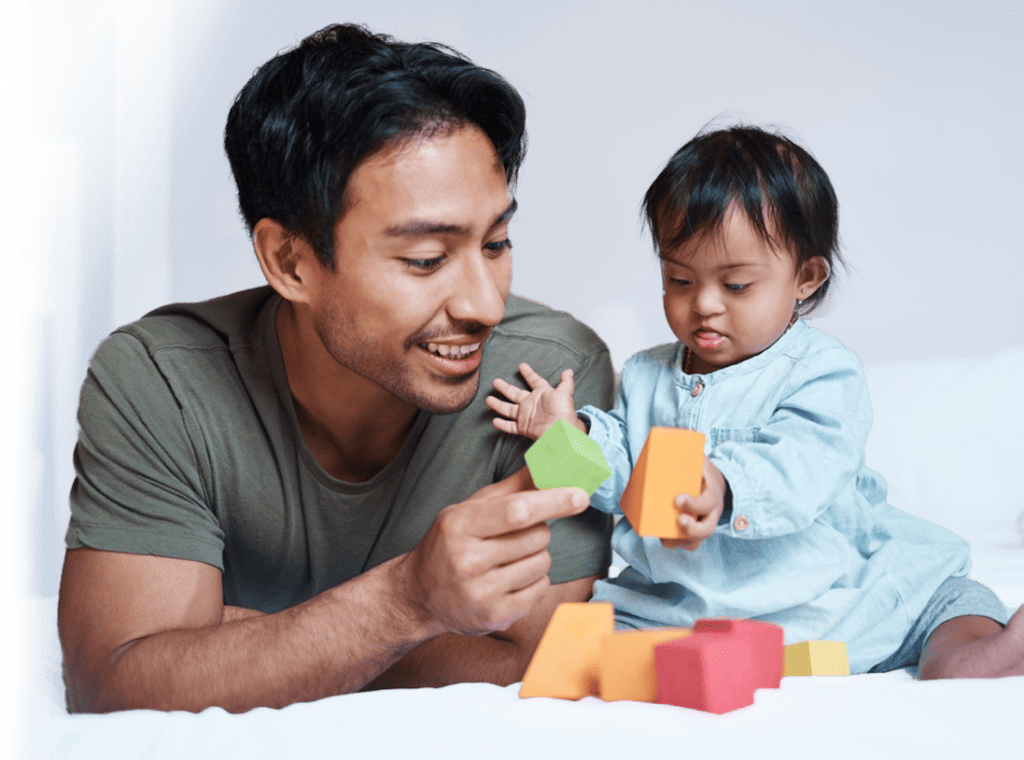Everybody loves to win. Children naturally infuse winning into their day; “First one to the slide gets (fill in the blank)”, “My (fill in the blank) is (better, bigger, stronger) than yours!” I’ll admit, as a mom, I do it too! I almost always regret it, but when the three boys take on sloth-like qualities and we were supposed to be at school 20 minutes ago…it flies out of my mouth, “First one to the car gets (more of whatever the desired thing is at the moment)!” The second someone flies into action, I can’t believe I did it again! Meltdown inevitably follows. Someone is first, and that child is gleeful (and usually boastful). But others are NOT first. They do NOT get the coveted treat. They do NOT get the coveted win. Why did I do that? I don’t actually care who’s first!
Define the “win”
In this case, “winning” for me was getting everyone to the car smoothly. I did not win. I lost.When we play traditional boardgames, the question is the same: How do you define a “win”? The directions for the game will surely tell you how to win the game as it was intended, but for many of our children, this win/lose scenario sets us all up to lose. For our kids that might be struggling in school, socially, or with sports, don’t we want to provide them with as many opportunities as we can to succeed and feel confident? When I’m playing a game with my son, I care much less about the rules of the game, and more about his engagement with me and his thinking. The “win” is for him to have fun, and that he’s thinking.
So, how do you know how to challenge a child the ‘just right’ amount?
Some children are starting to understand the win/lose concept, but still need to be supported through the process as they explore this new emotional theme. Some kids are emotionally ready for a thinking challenge that involves win/lose competition.Dr. Andra Munger, Director of The Interactive Learning Center, supports children in her practice by starting with a simple question: “Who should win this time?” If the child answers, “Me!”, then you have the opportunity to ask “How?”. Now you are problem solving together! Maybe your child invents a rule that would make it more likely that she will win (i.e. “I get to take three cards, every time you take one card”), or you might suggest, “I’ve played this game a lot. “How about every time you jump over someone, you get an extra turn?” No matter how wacky, if the goal is engagement and thinking, everyone wins.Maybe your child is feeling ready to test their might and can handle losing without loss of self esteem. When asked about who should win, your child might say, “I don’t know” or hesitate and give you a sideways look. As parents, we can observe and test the waters with our children to see if they are ready for some friendly competition. We can swoop in when we notice he is starting to disengage, play with the pieces, get squirmy, or move onto another topic. As your child prepares for an exit, you might offer a, “Hmm, where do you think I will move next?”
What about those children that are not quite ready for win/lose games?
Some children are most comfortable with collaborative game playing, or playing together instead of against each other. In our family, as we have a range of ages and developmental levels, I enjoy this kind of play the most. In collaborative game play, we are all on the same team. We are either all working to beat the clock together, we are taking turns but asking each other what they think the best move is, or we are taking our own turns, but gathering up individual pieces to put in a joint pile. In this kind of play, the win is enjoying the process together as we figure out the way the game works. Taking away the pressure of winning and losing allows us to explore the thinking needed to play the game.
But, isn’t it important to learn about winning and losing?
Yes! It is. But just as we babble before we talk and we scribble before we write, social-emotional skills have a developmental sequence as well. As we all know, development occurs at different rates for different kids. Some children will be able to sit and play a game and develop the capacity for winning and losing organically through play with their peers. Others need more support. When winning is about being together, thinking and supporting one another through the challenge, it matters less who wins and more about everyone getting there safely. Thanks to Andra Munger for sharing her tools with us! I hope you find them helpful-now, go and play!



